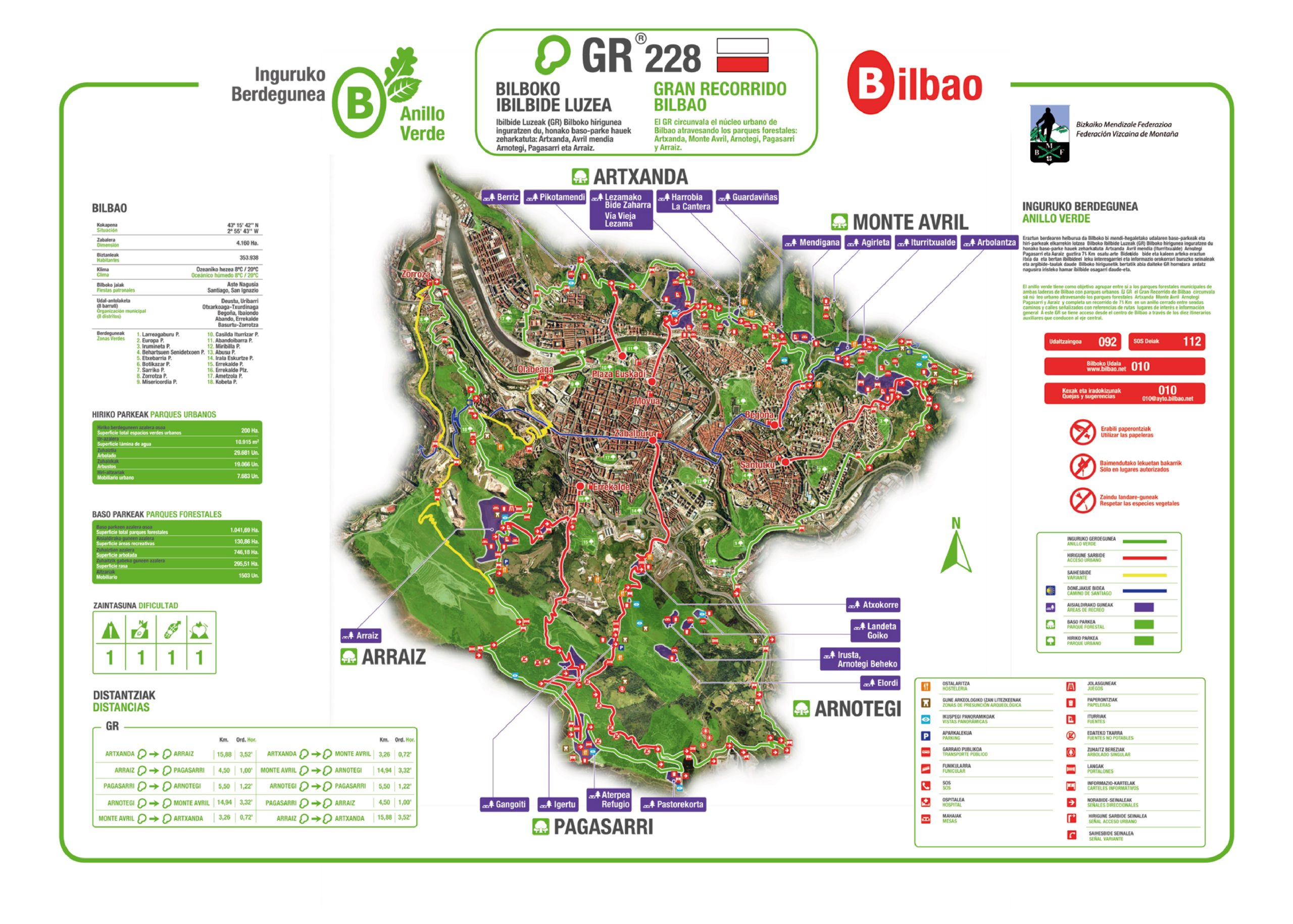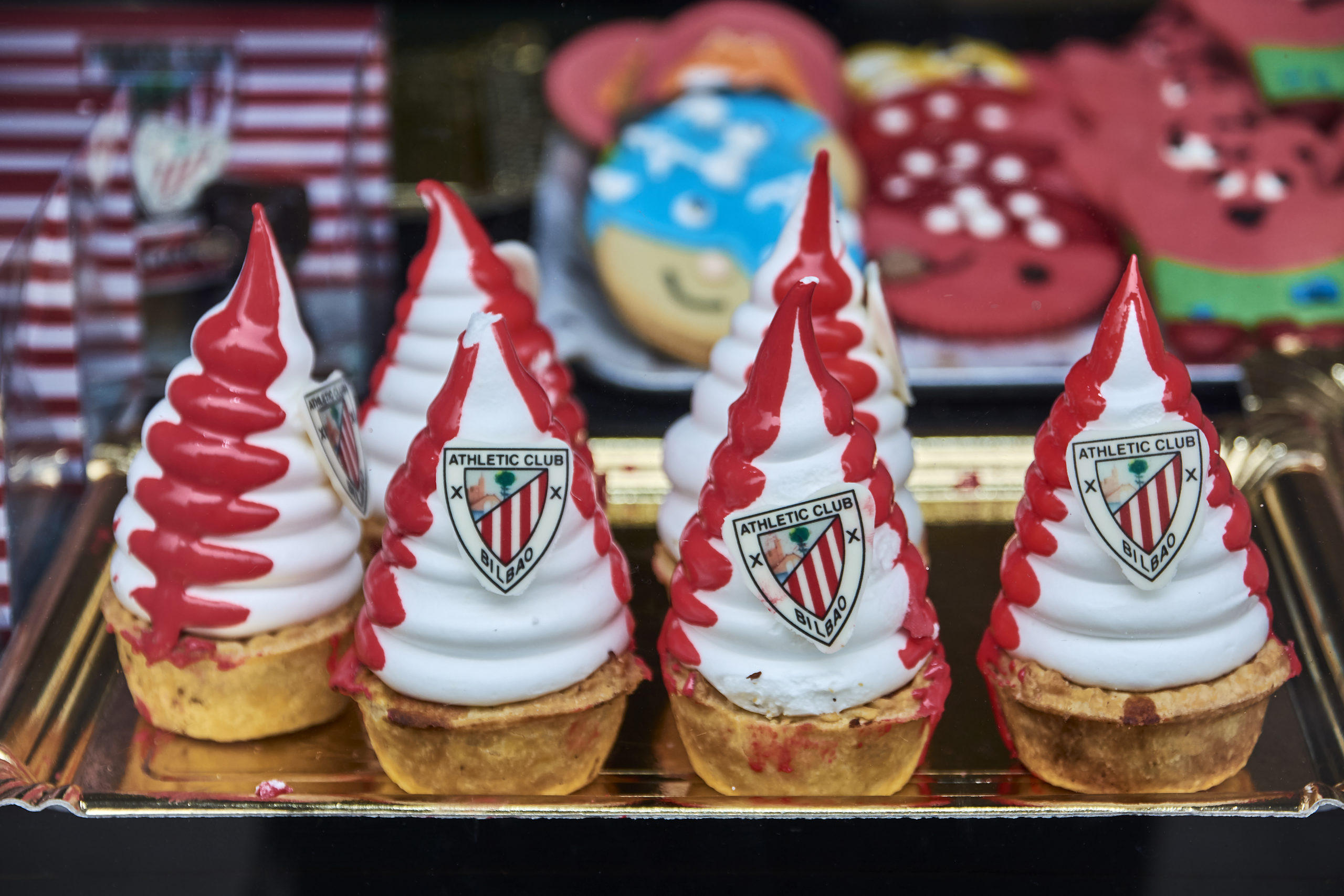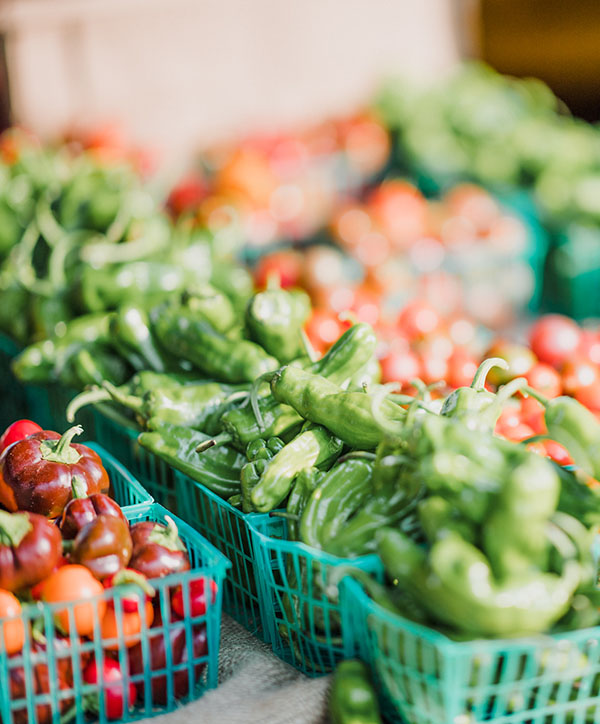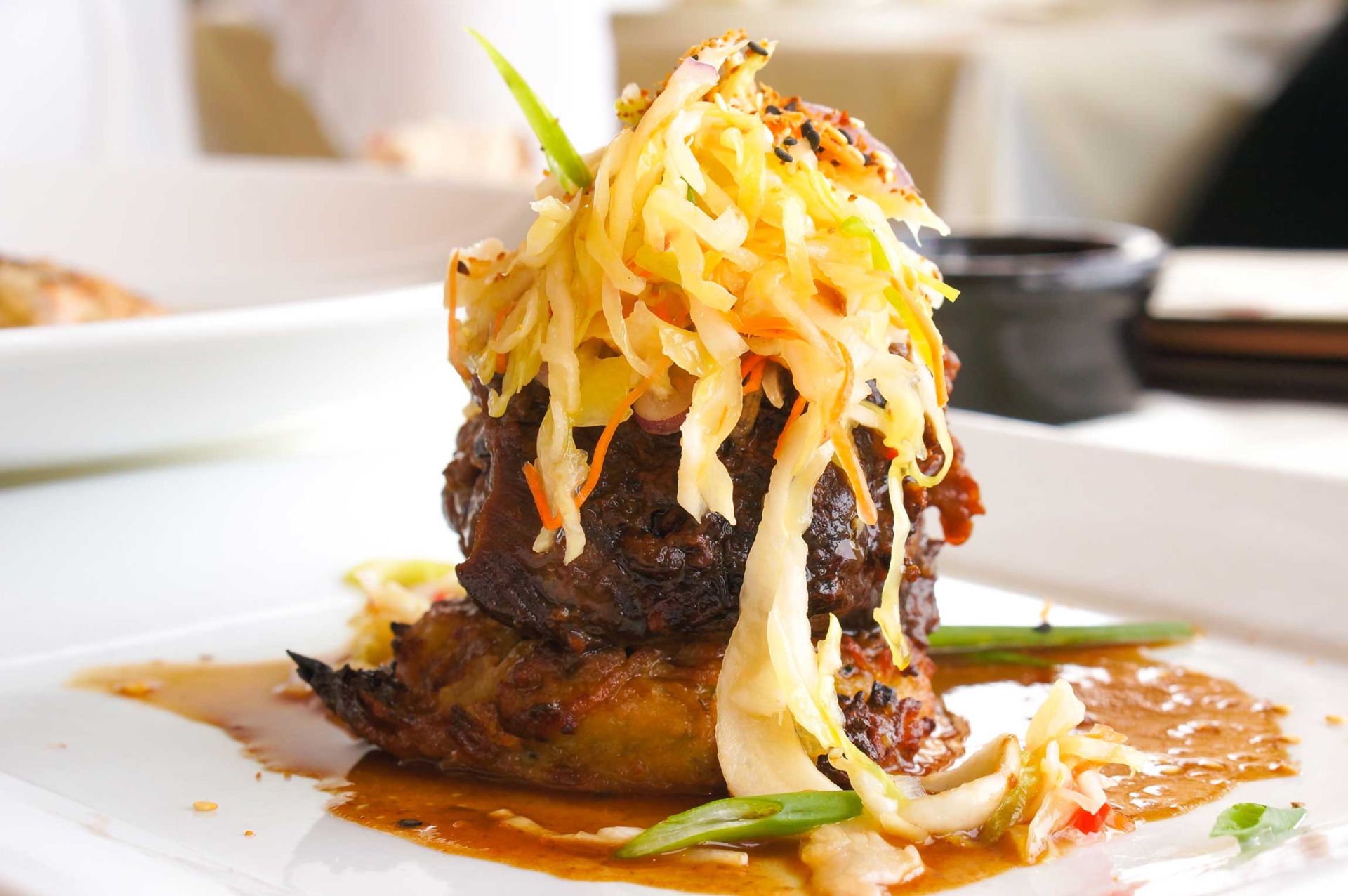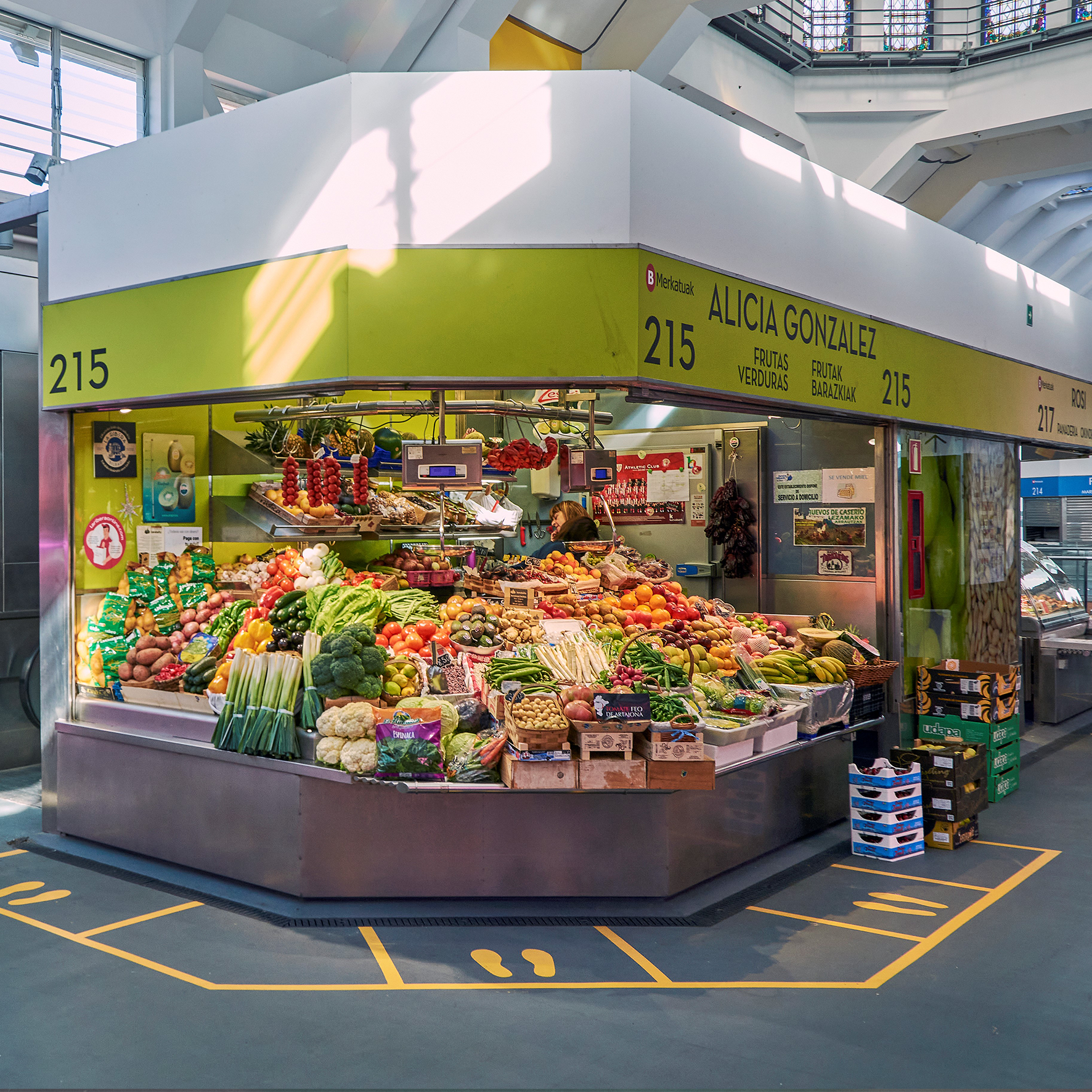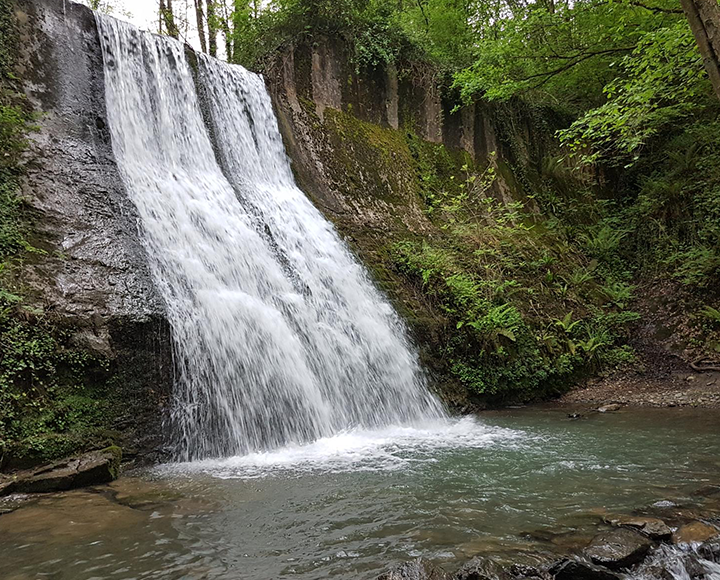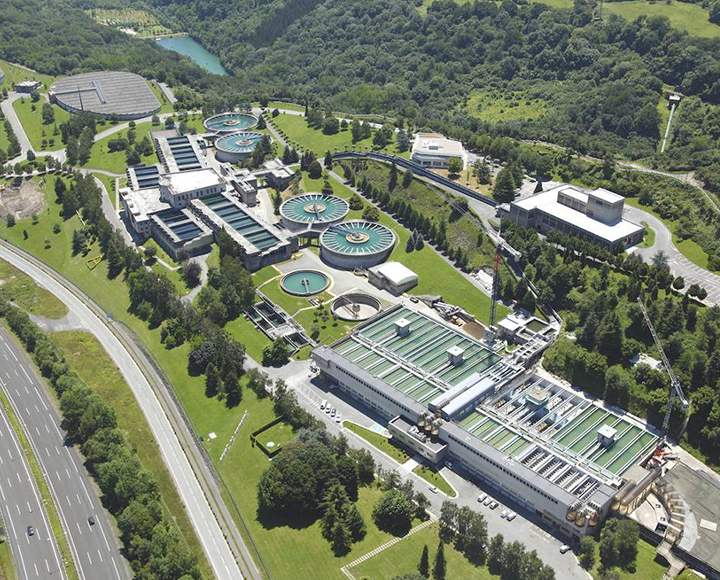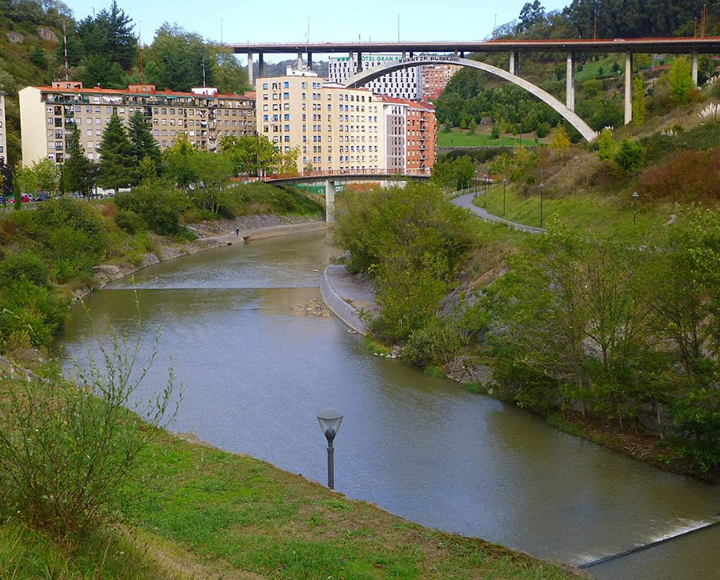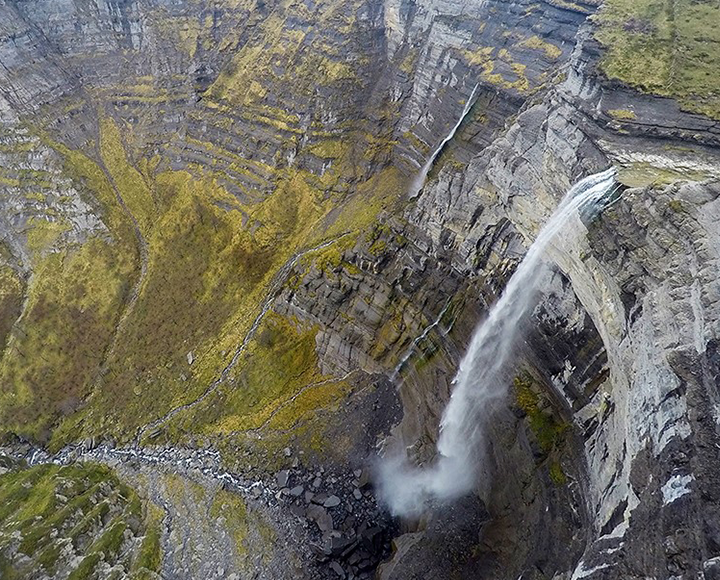SUSTAINABLE RESOURCES
PORTFOLIO OF SUSTAINABLE TOOLS
We present our Portfolio of Sustainable Tools for congress and event organizers who are interested in implementing environmental and social sustainability solutions.
If you are interested in these tools write us to bicb@bilbaoturismo.bilbao.eus and we would send you a link to the portfolio.
ERRONKA GARBIA CERTIFICATE-SUSTAINABLE EVENT
“Erronka Garbia” is a procedure developed by Ihobe, a Public Environmental Management Company attached to the Department of Economic Development, Sustainability and Environment of the Basque Government, which allows minimizing the negative impacts on the environment associated with holding events. The application of this methodology and its subsequent recognition with the “Erronka Garbia-Sustainable Event” certificate aims to raise awareness among people attending the event and the organizing entities about the need to mitigate the negative impacts associated with the development of mass events.
To certify an event under the Erronka Garbia brand, it is necessary to fill out the certification application form before organizing the event. During the celebration, the “Environmental Sustainability Plan” must be completed. Ihobe verifies that the organization carries out the actions and measures defined in the Plan through an in-person audit. After the event is held, the organization must calculate the environmental impact of the event using the Erronka Garbia calculator and submit the Environmental Declaration of the event.
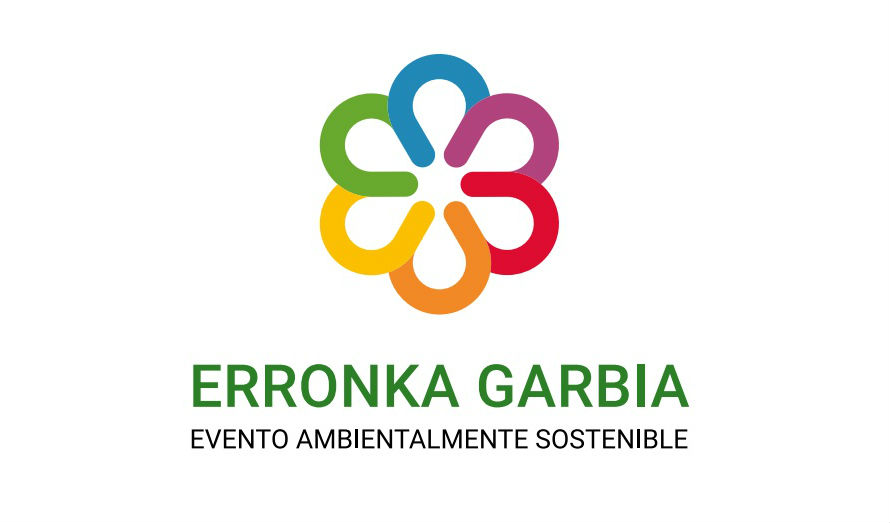
CLIMATE&CIRCULARITY CALCULATOR BY IHOBE
The tool draws on the expertise on the integrated calculation of organisation and product metrics generated by Ihobe, over the last 10 years, thanks to the work of the Basque Ecodesign Center, , the most important ecodesign and circular economy public private partnership in Spain.
Its design allows en vironmental assessments to be conducted both from an organisation and product & services approach. Access to the tool is through the Ihobe website and is free for Basque companies.
The calculations are based on proven methodologies such as the UNE EN IS O 14064 1:2019 and UNE EN ISO 14067:2019 standards in the case of the carbon footprint; UNE EN ISO 14040:2006 and UNE EN ISO 14044:2006 for the environmental footprint and life cycle assessment; and the circular economy indicators are calculated as per the “Circular Transition Indicators 3.0” methodology, which are compatible with the future ISO 59020 to measure and assess circularity.
The Climate&Circularity Calculator can be accessed through this link:
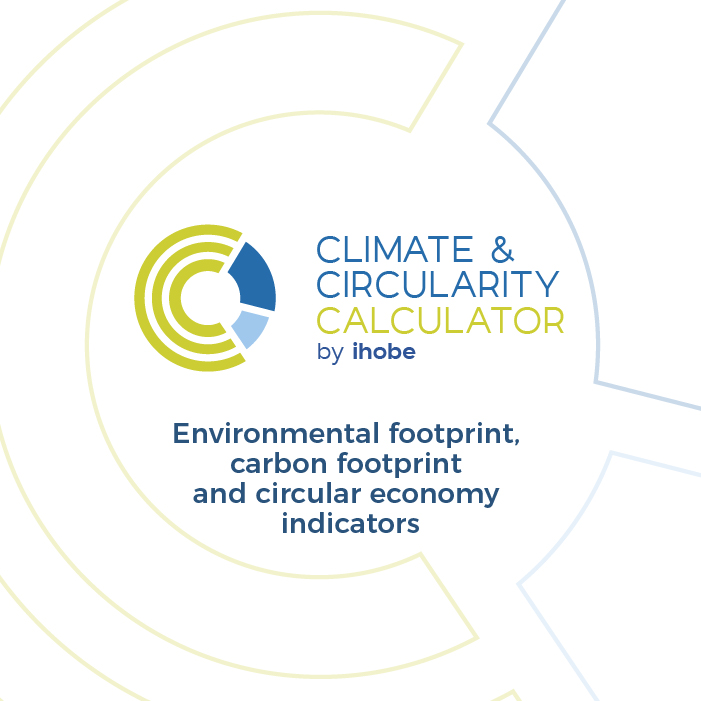
REDUCE THE CARBON FOOTPRINT OF YOUR TRIP
- SUSTAINABLE FOOD
Sustainable food is increasing in importance, and both Bilbao Convention Bureau and its partners do not want to be left behind.
It is one of the areas of most concern today, given the quantity of resources required to feed the population. This is why it is important to know about the benefits of promoting a diet based on sustainable products.
In Bilbao work is carried out to promote sustainable food and also to boost the level of knowledge and resources available to the city’s suppliers.
Part of the success lies in the consumption of menus with a low ecological footprint. Therefore, it is advisable to eat less meat and more grains, pulses or fruit as the production of animal products requires more energy, water and space. In addition, local products should be used. In the vicinity of Bilbao we have a wide variety of high quality local products.
2. REUSE OF MATERIALS
As with sustainable food, the reuse of materials at conferences and exhibitions has a long way to go to improve.
Until recently, tonnes of waste would be left after a business event, with the consequent negative impact, making the conference harmful to the environment and with no positive impact on society.
This is why it is time for a drastic change in the way in which a conference is planned and the type of materials used.
The use of sustainable alternatives to the materials most used in hotels, restaurants, catering establishments and venues will be promoted. In addition, measures will be taken to extend the life of materials by using reusable stands or donating material to associations specialised in material management after the event.
3. MOBILITY
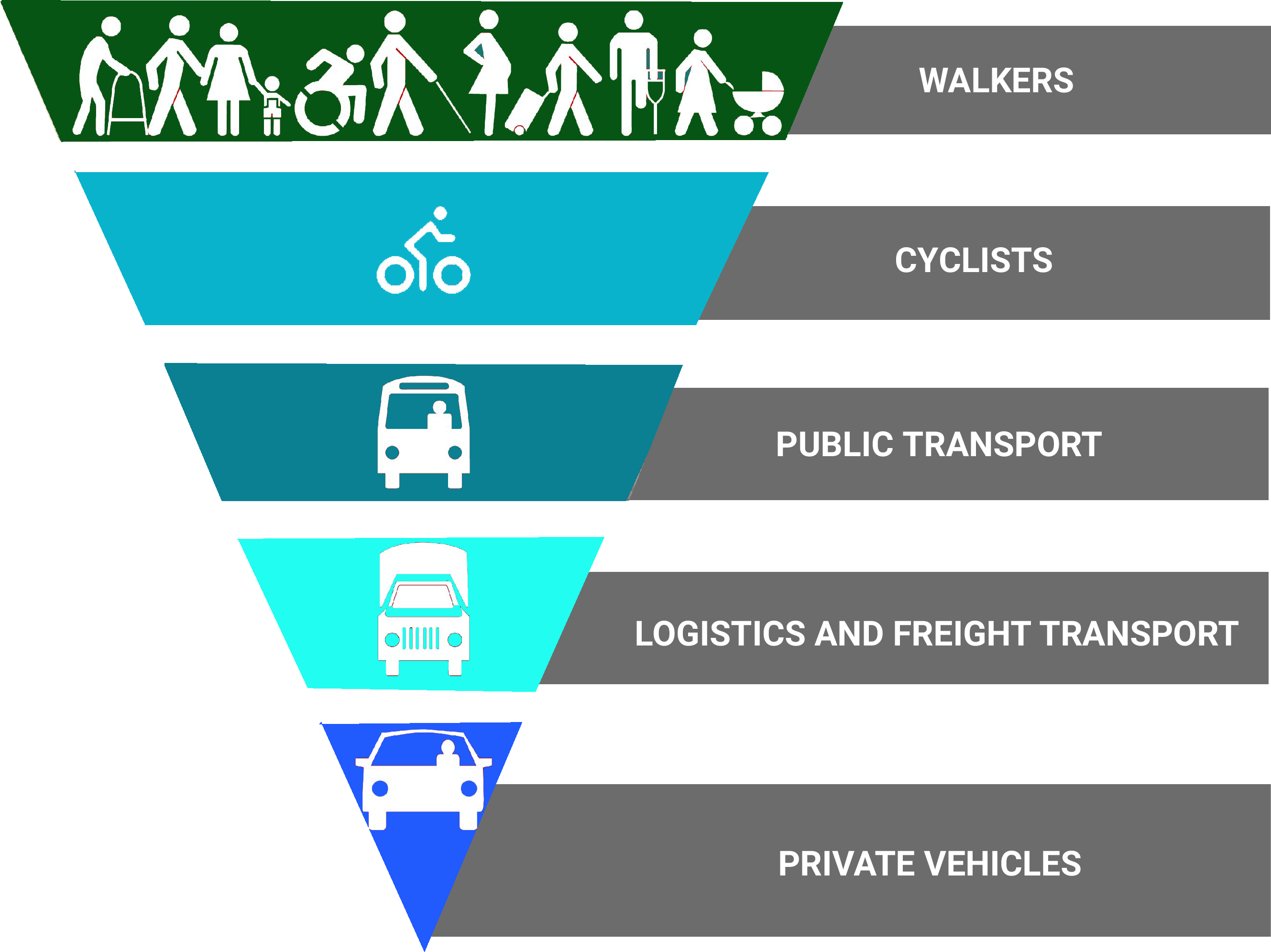
Mobility in Bilbao is easy and simple. Following the urban concept of the 15-minute city, in a relatively small area participants have access to shops, hotels, the historic centre and event venues, promoting mobility on foot or by bike.
In addition, Bilbao City Council is committed to following the mobility directives of the urban mobility pyramid. This promotes mobility on foot or by bike as these are more efficient and sustainable means of transport, and tries to avoid the use of private vehicles.
There is firm commitment for sustainable mobility. This is why recent years have seen significant investment in the city’s public transport network.
BILBOBUS
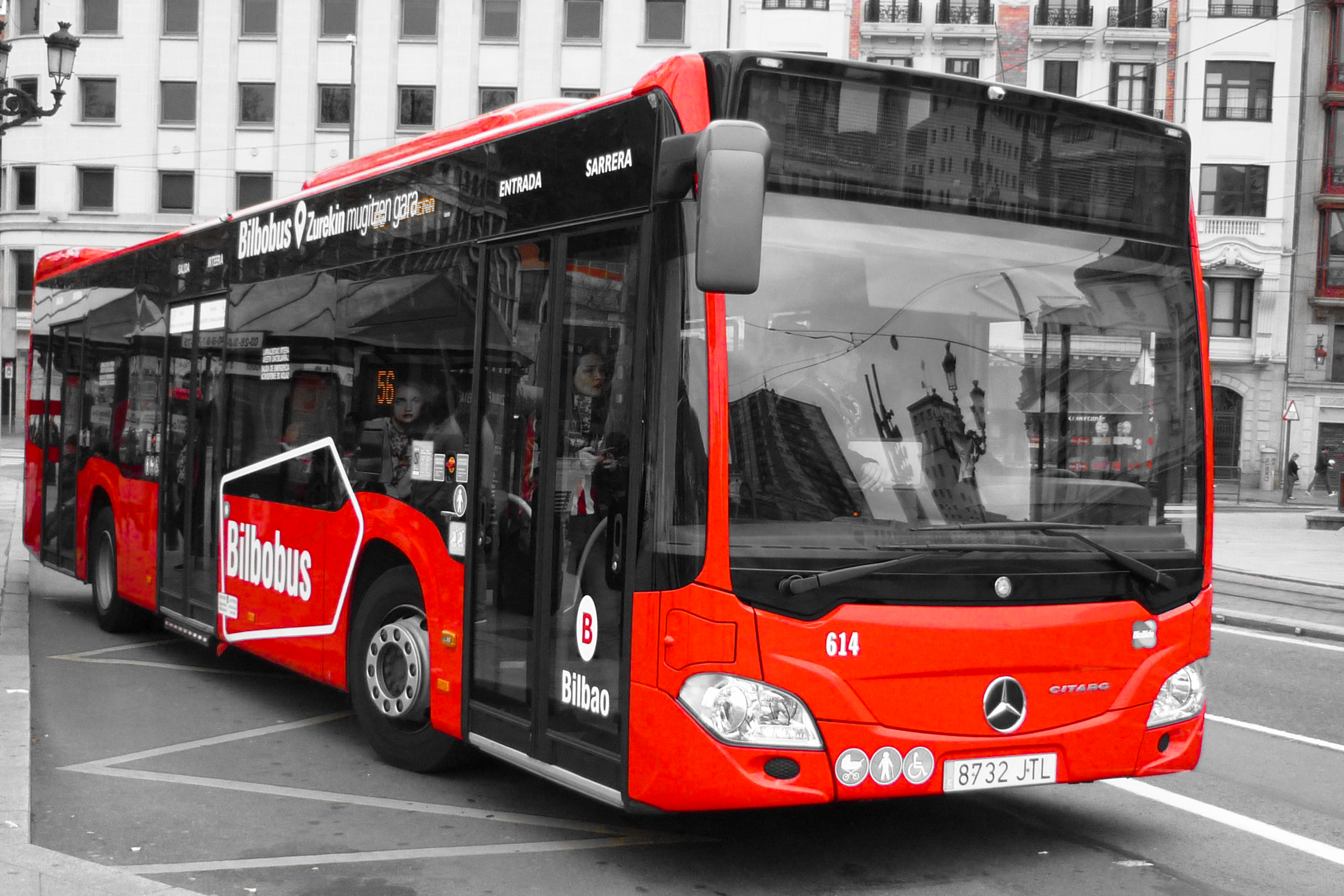
A large proportion of the buses in the fleet are electric or hybrid. There are more than 44 lines and 525 stops, connecting all areas of the city. In addition, several lines run by Bizkaibus (intercity coaches) connect Bilbao to the rest of Bizkaia.
RED FERROVIARIA

Rail network connecting Bilbao with the rest of Euskadi (Euskotren) and the main national cities (Renfe).
CABLE CAR

Artxanda, the balcony of Bilbao. This reveals a unique landscape with incredible views of the city of Bilbao. To see the city from high up, we show you real-time images from a very special place.
AIRPORT

Just 10 km from the city centre with direct connections to the main national and European cities.
TRAM
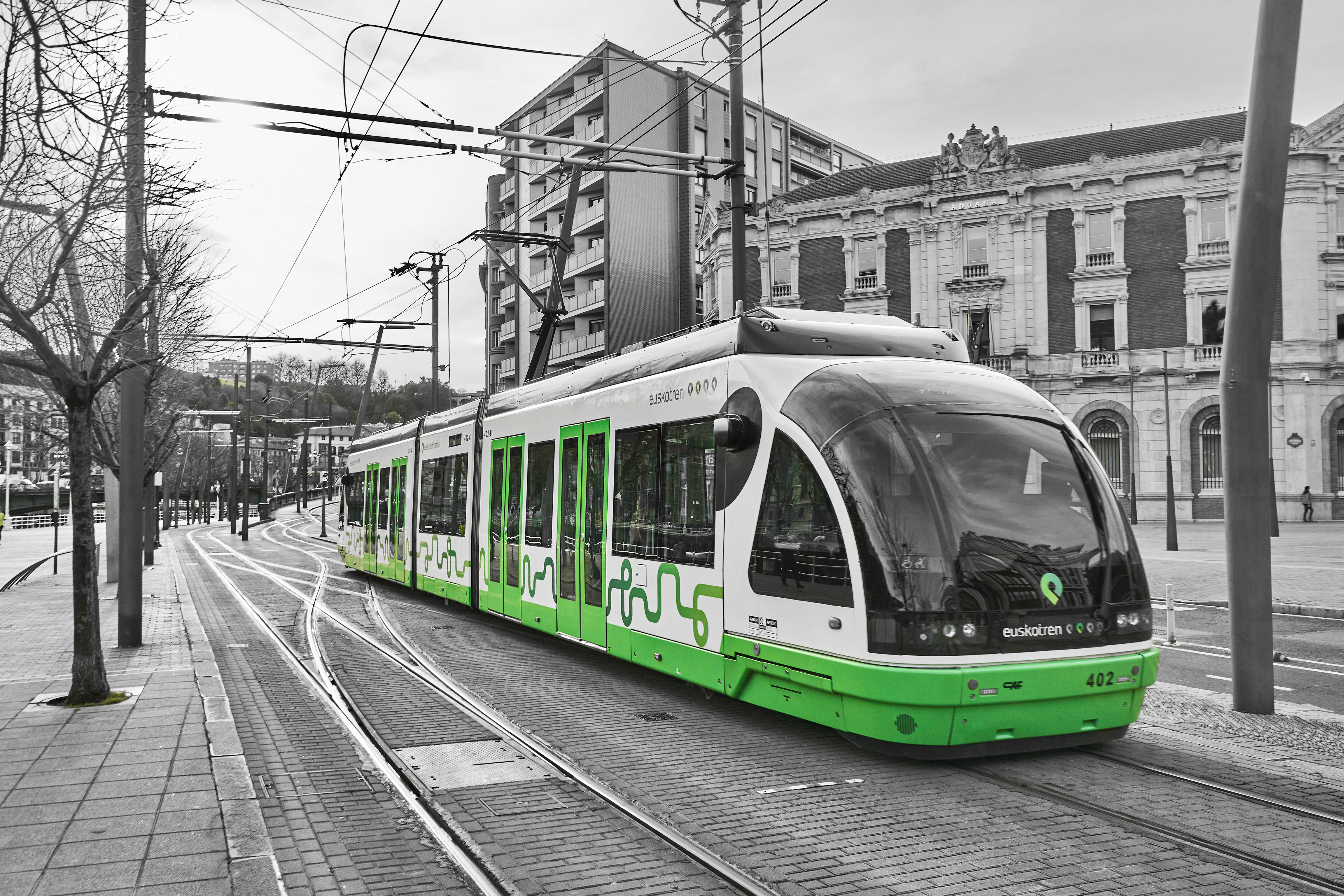
The tram crosses Bilbao, from Bolueta station to la Casilla station, passing the Historic Centre, the Zubizuri, the Guggenheim Museum, Euskalduna and San Mamés.
METRO

The Metro network has two lines (L1 and L2), one on each side of the Bilbao Estuary, thus connecting the entire population of the Greater Bilbao area. A third metro line (L3) connects to the Euskotren railway network.
BILBAOBIZI

The use of bicycles for medium distances is encouraged and to this end the number of roads and kilometres of cycle lanes have been increased. In addition, the City Council has an electric bicycle service called Bilbaobizi.
Thus, there are 41 points distributed throughout the city where you can pick up or drop off your electric bicycle.
4. GREEN TRAILS
The city of Bilbao is surrounded by mountains and green zones. Around and within the “botxo” are green spaces for the practise of sport and leisure activities in a natural environment.
Five forest parks (Artxanda, Monte Pagasarri, Arraiz and Arnotegi) with a total area of 770.2 hectares, 18 urban parks, of which Etxebarria Park and Doña Casilda Park are the most important, with an area of 217.75 hectares.
The Bilbao Grand Route (GR-228) runs around the urban centre, grouping together the municipal forest parks and urban parks, with access from every district of Bilbao. A green belt measuring 39.20 km long with 30.97 km of auxiliary trails, making a total length of 70.17 km.
This serves to promote the natural and scenic values of Bilbao, as well as offering leisure and recreational activities.
5. BASQUE CUISINE
Basque cuisine and in particular, that of Bilbao, is one of the most highly valued cuisines in the world and its international success is well-known.
This is partly due to the excellent quality of local products. There is strong support for zero km products, and the Eusko Label helps to strengthen support for local producers while also guaranteeing the quality of the food.
Furthermore, the traditional Basque cuisine of all time combines perfectly with the new innovative Basque cuisine of the new generations. At the same time, there is a strong poteo (drinking wine with friends) culture, usually linked to eating pintxos.
This is reflected in the large number of restaurants which have been awarded a Michelin Star.
This status is achieved thanks to the professionals who have put in so much effort and worked hard all their life. Many of these trained at the Bilbao Hotel and Catering School.
6. LOCAL COMMERCE
7. ACCESIBILITY
8. CREATING MORE SUSTAINABLE EVENTS
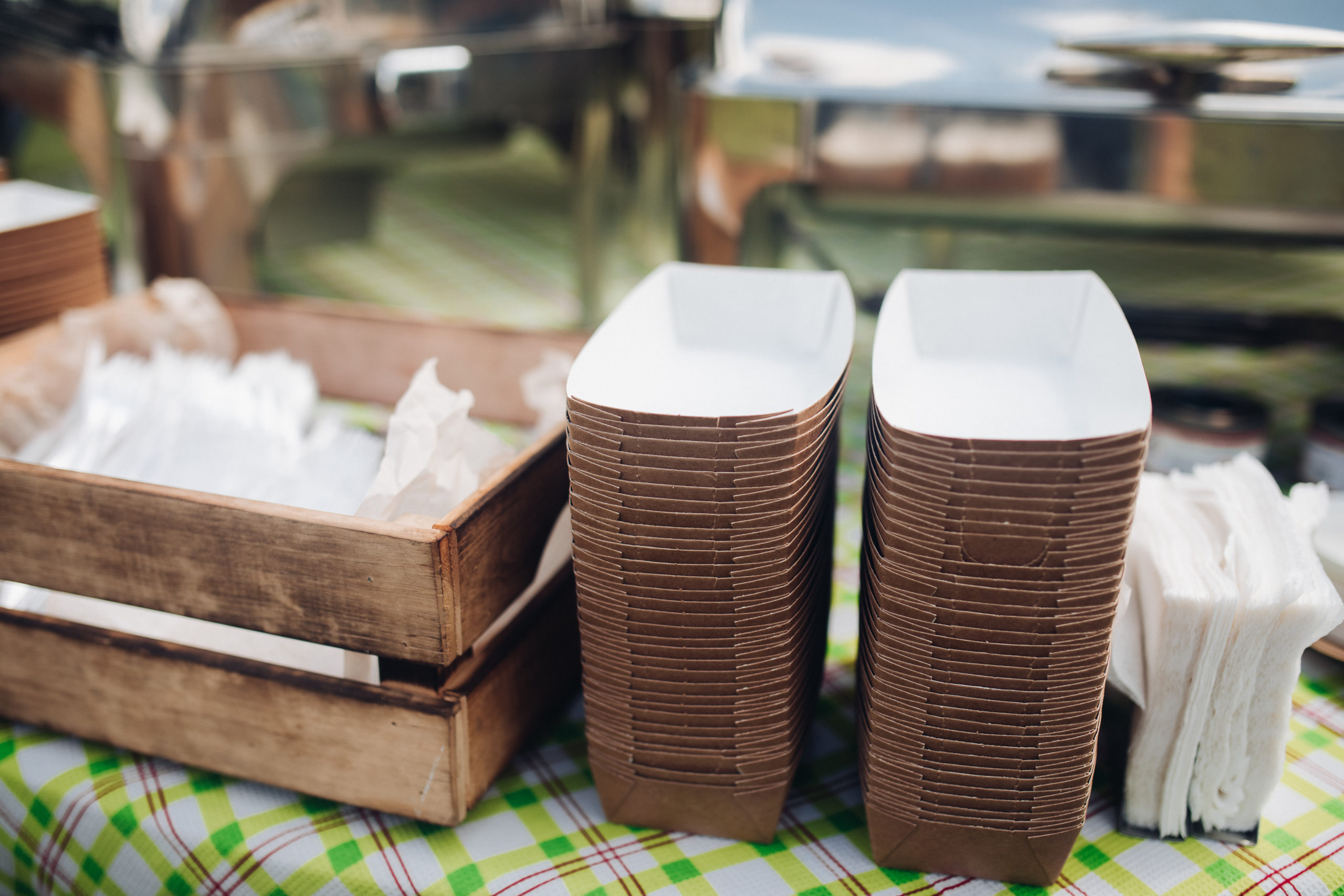
The following document highlights certain reasons why Bilbao should be considered a leading destination in terms of sustainability.
Advances in energy, waste reduction, water savings, support for mobility and sustainable food, the natural environment and commitment and alignment with the Sustainable Development Goals make the city one of the best with respect to sustainability.
All this would be impossible to achieve if were not for the involvement of both the leaders and the people living in the city.
More sustainable events.
9. WATER




